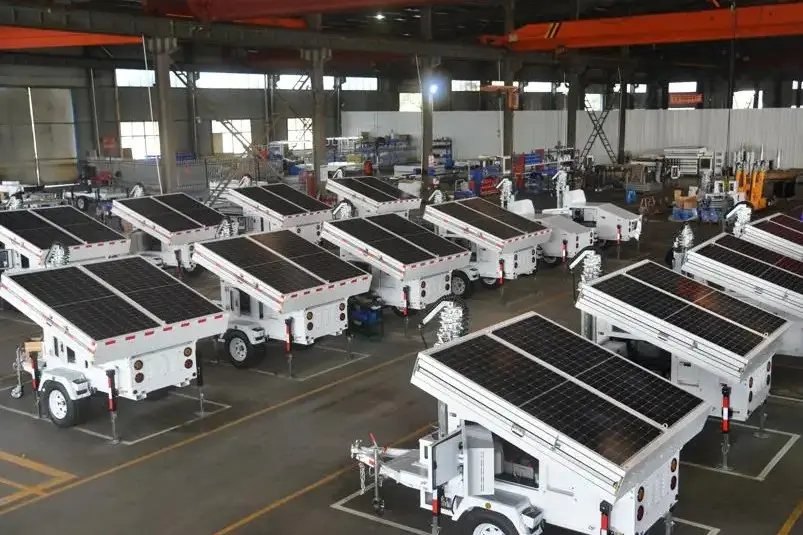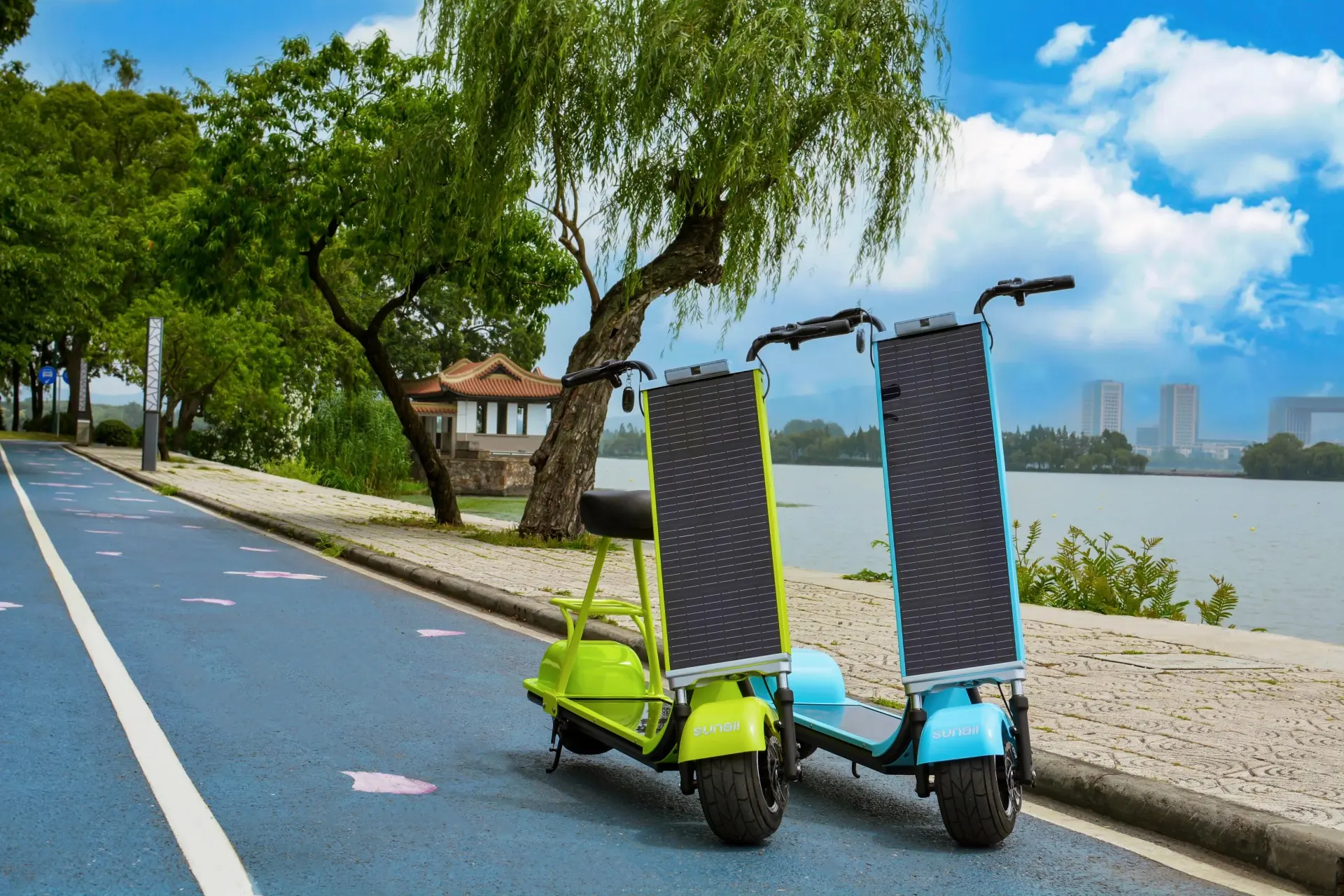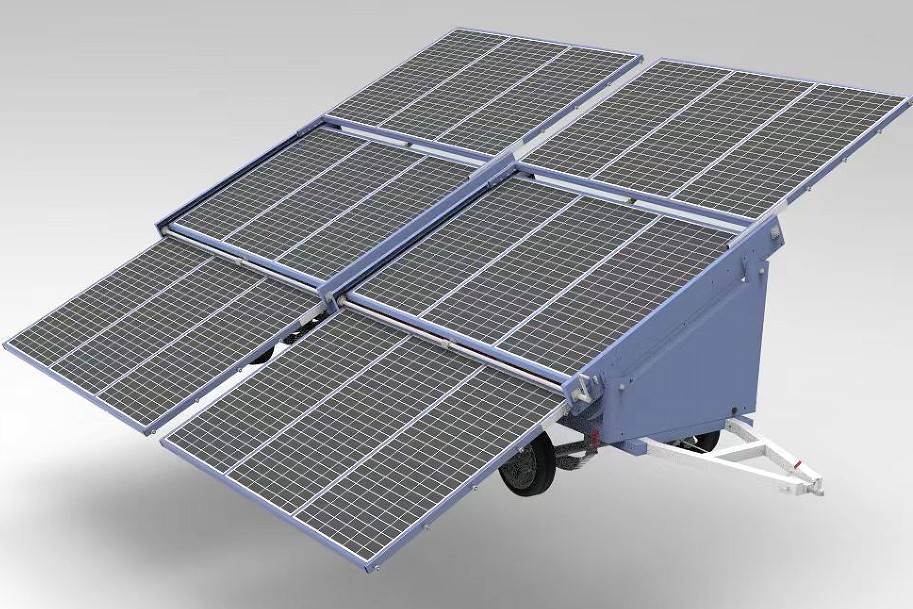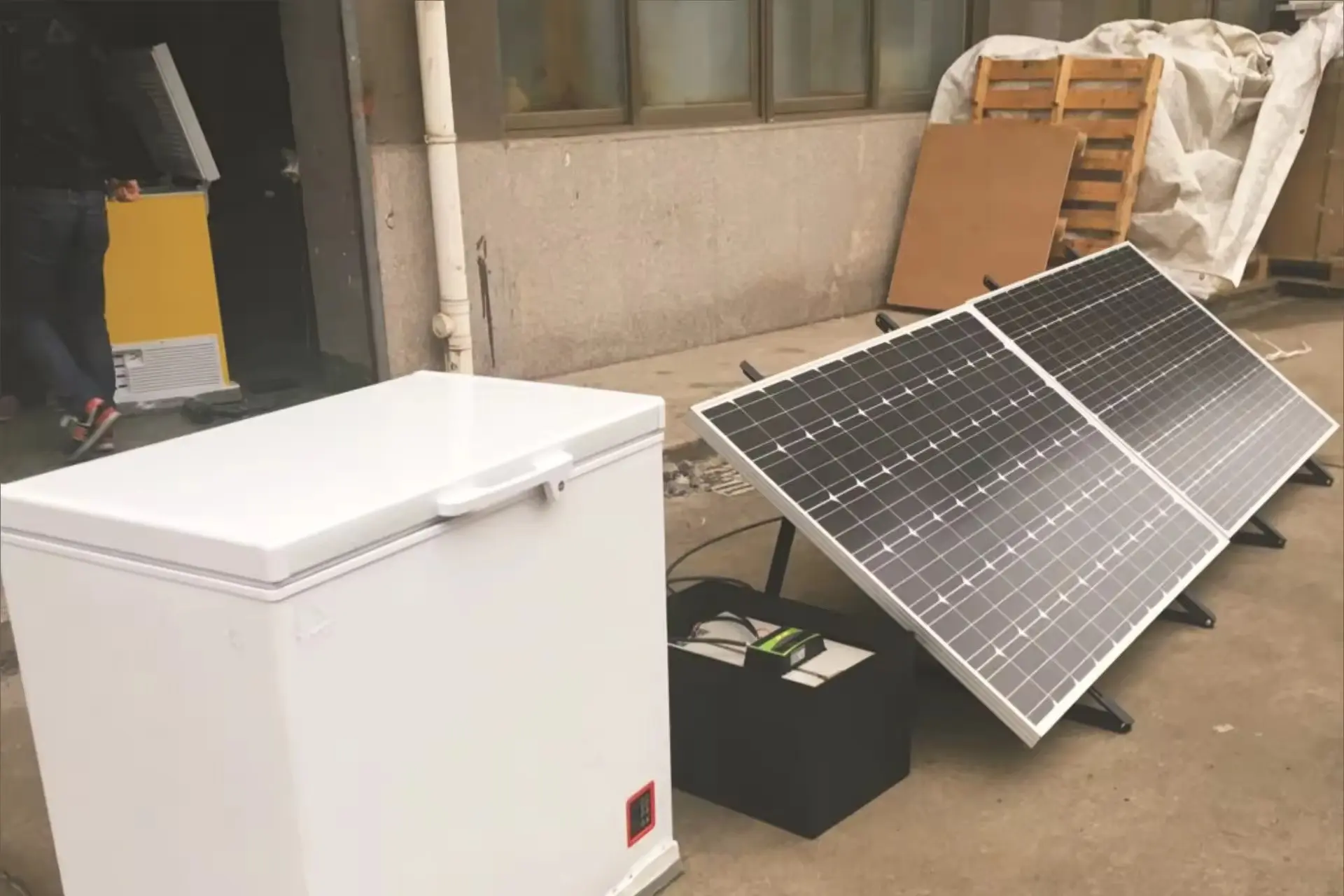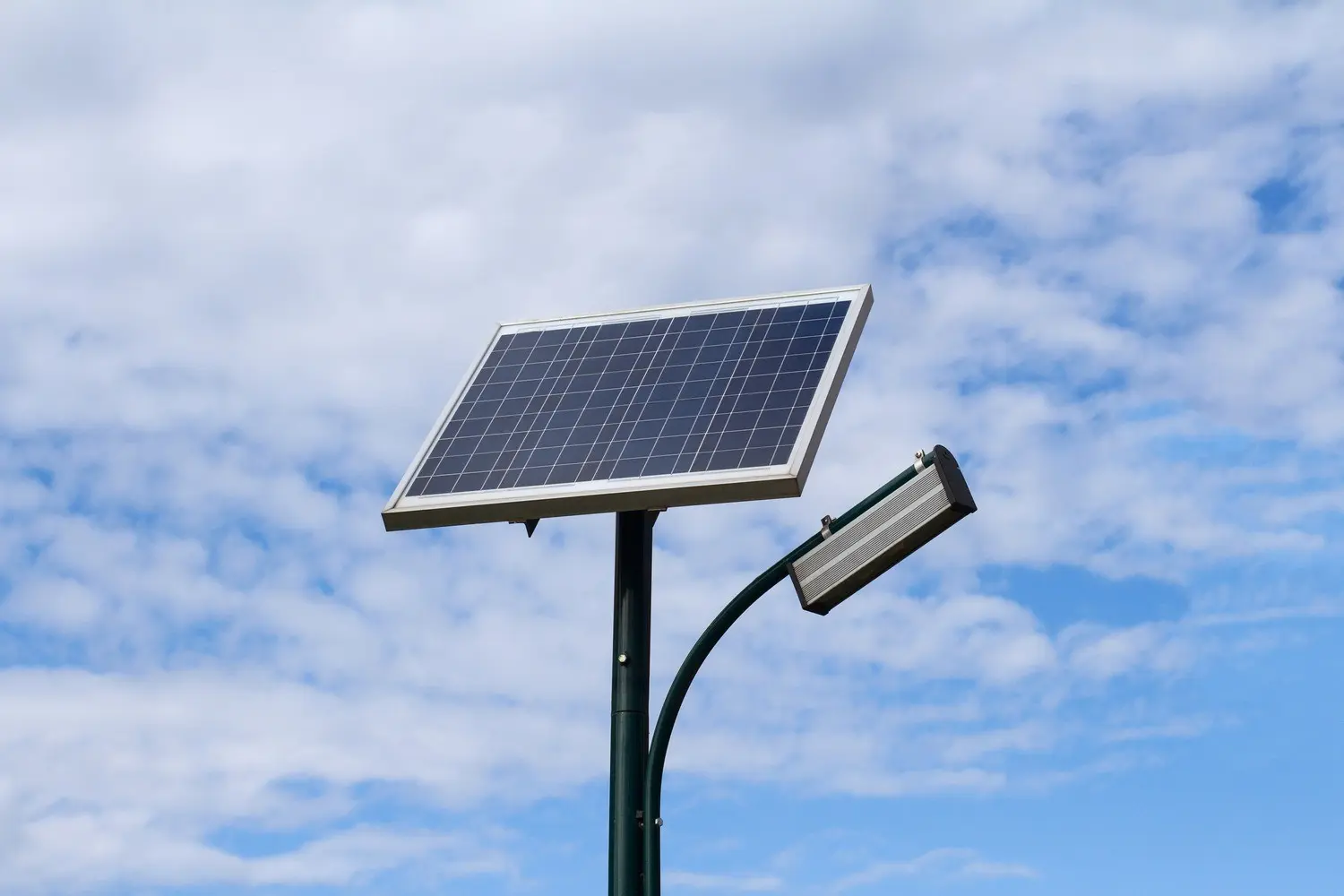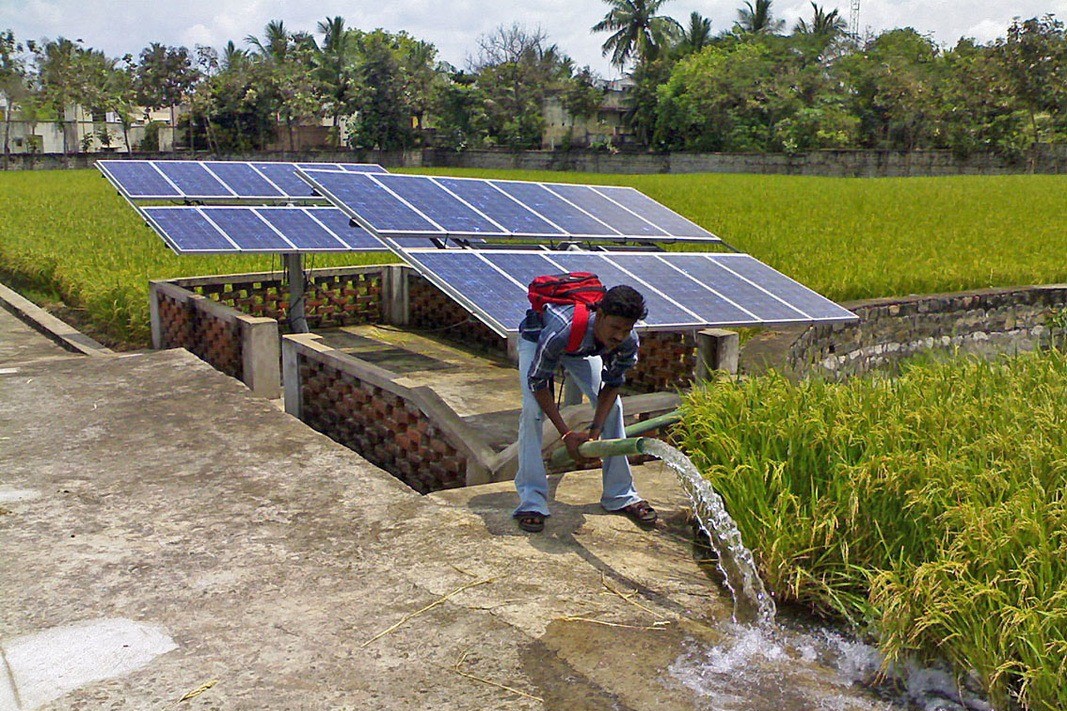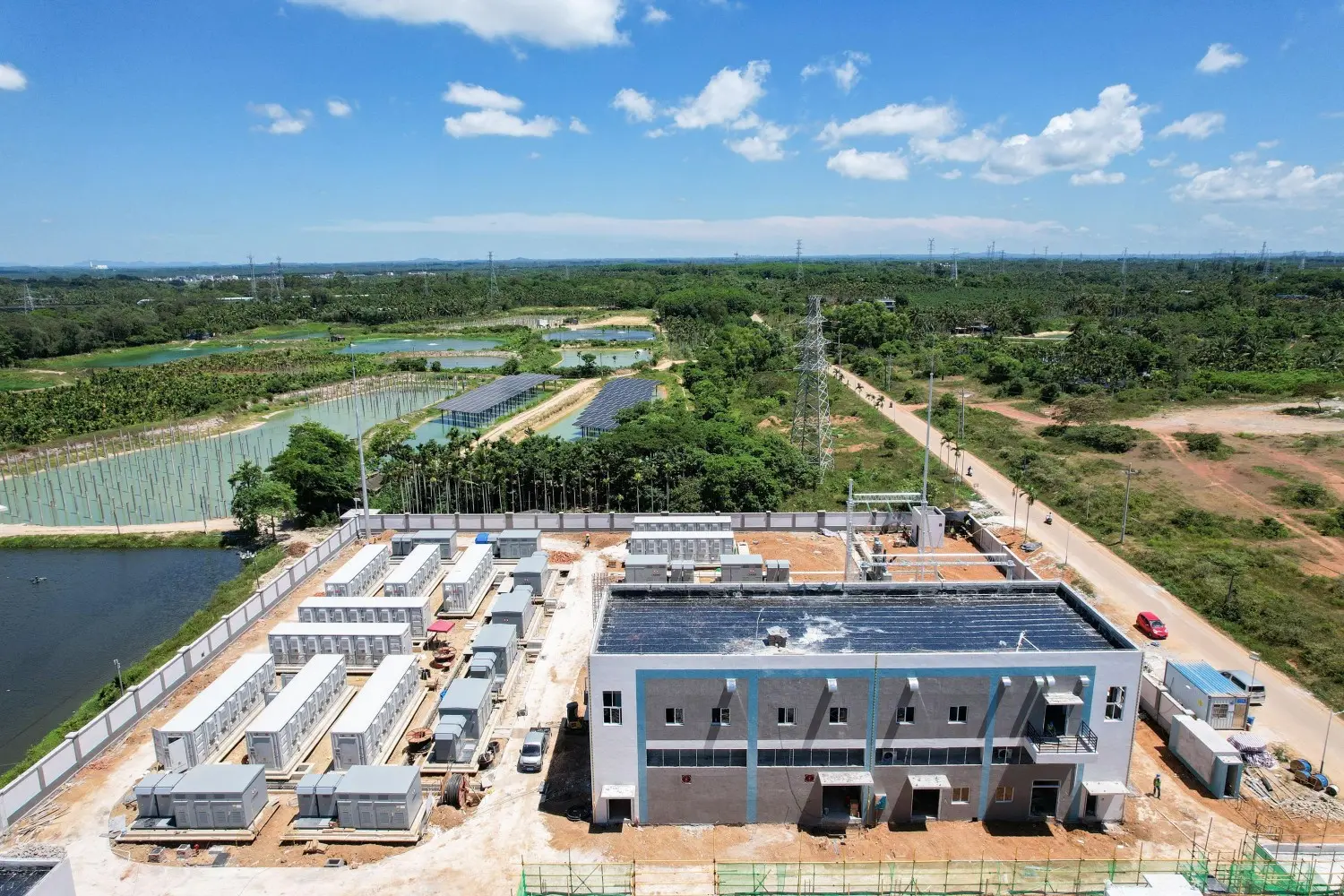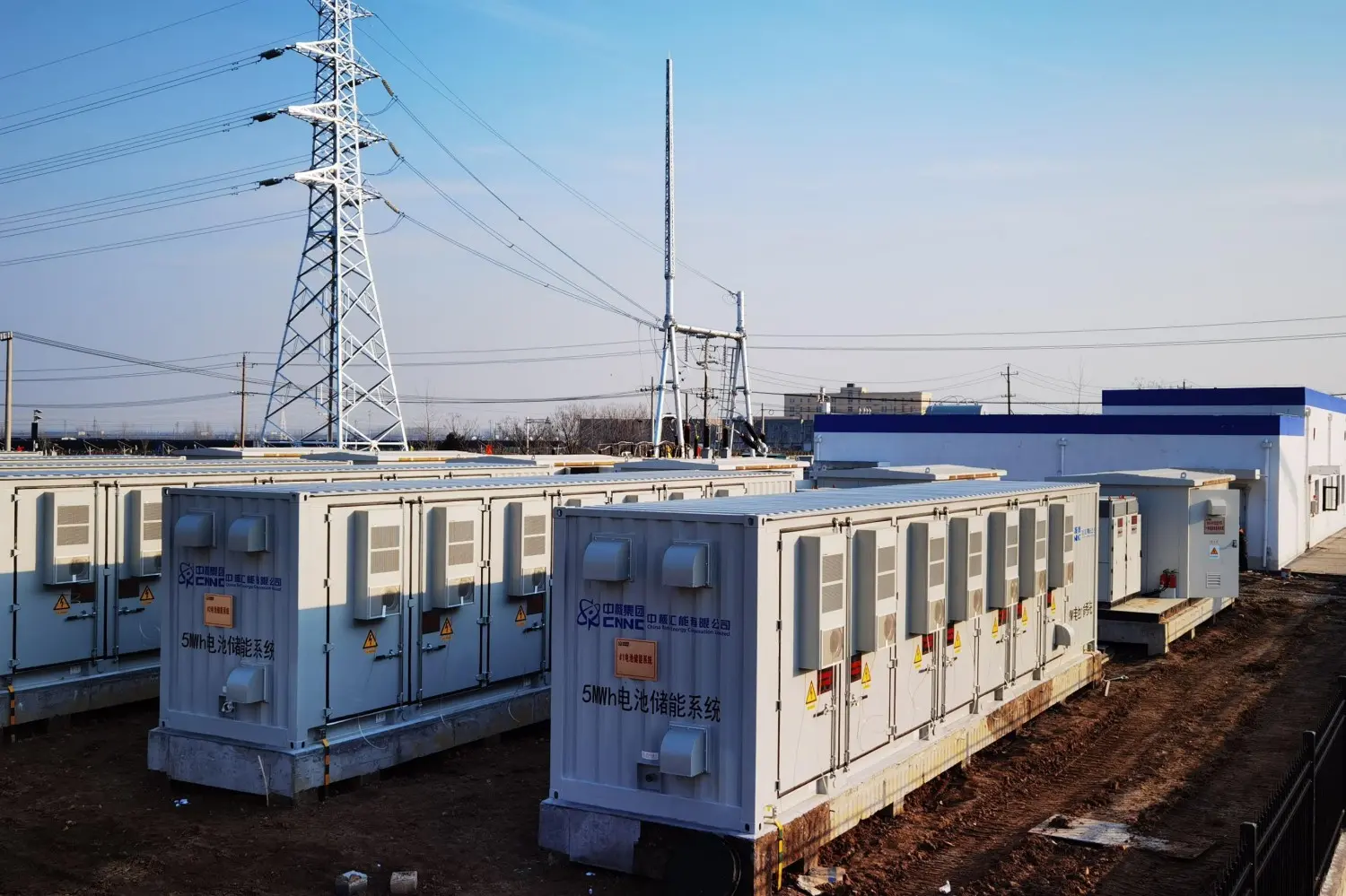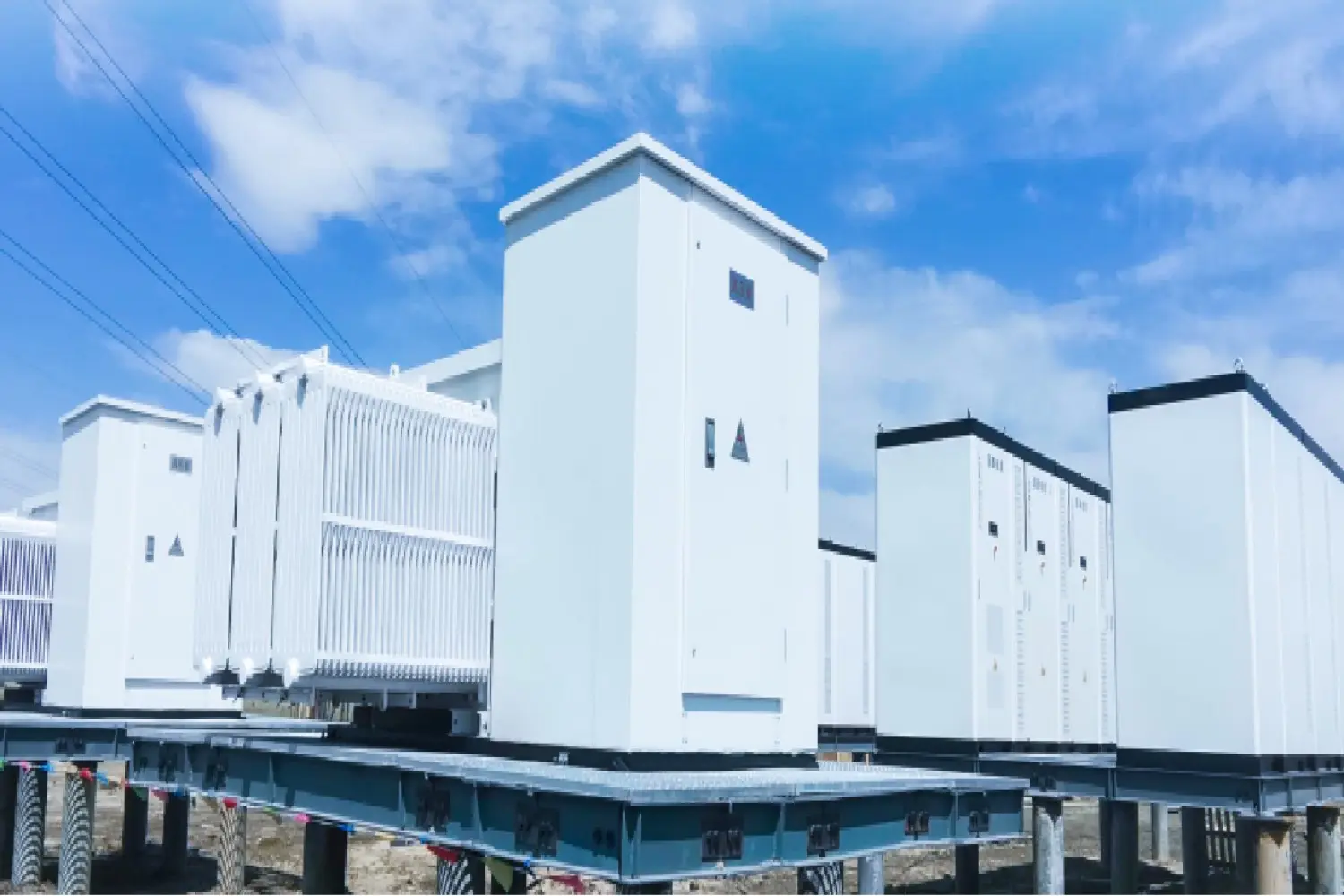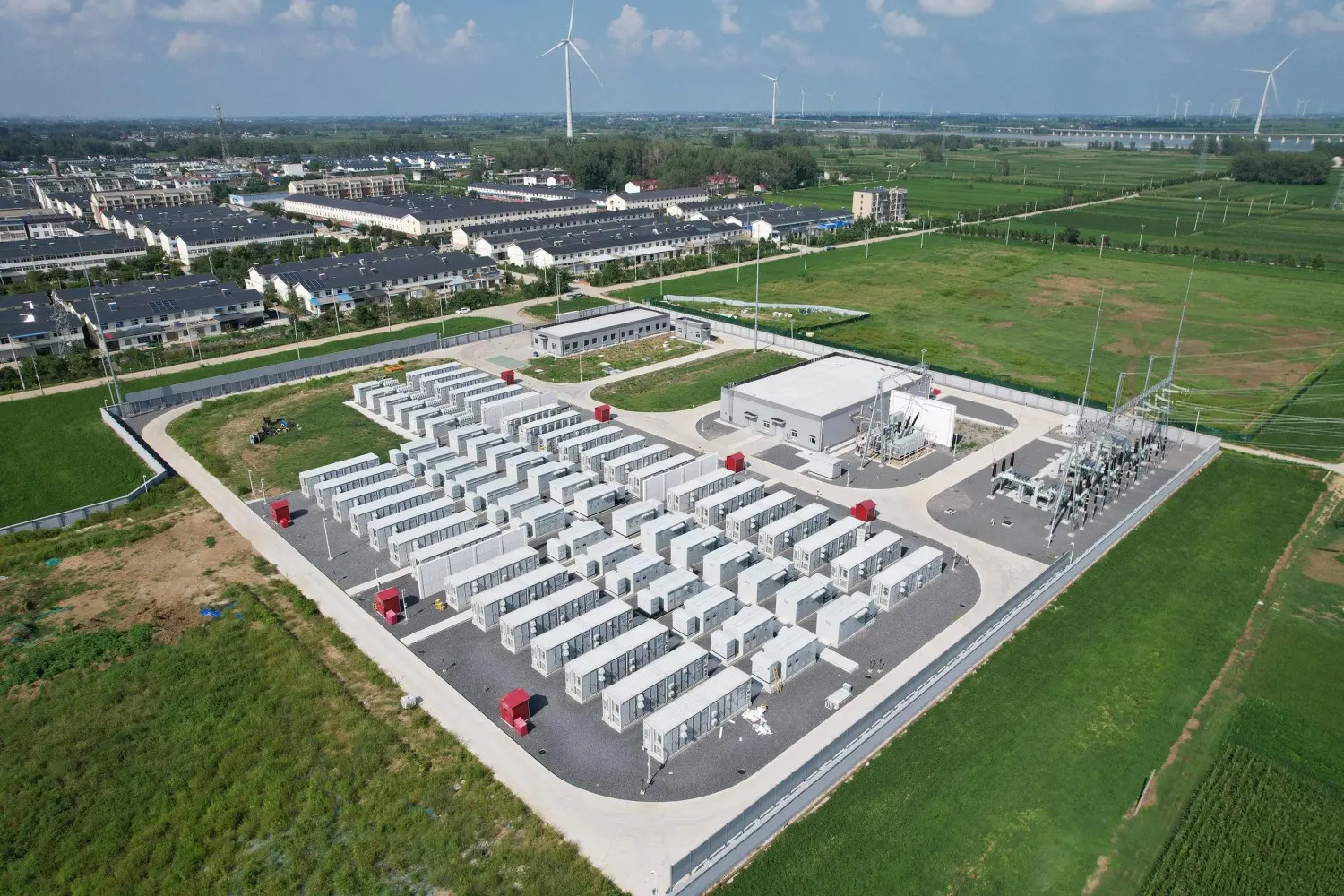Complete Off-grid solar energy system for Residential
5KW–30KW System: Residential Solar Energy Solution in Germany
Client: Robert, a homeowner in Germany
Client’s Needs: Lower electricity costs and the ability to monetize surplus energy during vacations.
Challenges and Communication:
Initially, Robert planned a standard 10KW PV system with a 20KWh battery, sufficient for two hours of full load usage. However, during discussions, we identified that his high nighttime consumption required a larger battery capacity. This insight led us to propose a 10KW PV system with a 40KWh battery, ensuring his energy needs were met both during daily use and vacations.
Final Configuration:
- System Size: 10KW PV system
- Battery Capacity: 40KWh
- Features: Supports daily use and grid feed-in during vacations, ensuring no energy is wasted.
Robert expressed satisfaction with the system’s design, packaging quality, competitive pricing, and our attentive service. The system now delivers consistent savings and generates additional revenue.
Contact us now
Looking to reduce your electricity bills and maximize your solar energy? MH Energy can provide a tailored solution for your home.
Top 5 Things to Know Before Setting Up a Solar Energy System for Your Home
Installing a solar energy system for your home is an exciting step toward sustainability, energy independence, and cost savings. However, it’s essential to make informed decisions to maximize the benefits. Here are the top five things you should know:
1. Understand Your Energy Needs
Before installing solar panels, evaluate your home’s energy consumption:
Check your utility bills: Determine your average monthly energy use in kilowatt-hours (kWh).
Identify peak usage times: This helps in choosing the right system size.
Plan for future needs: Consider any additions, such as electric vehicles or appliances.
Pro Tip: Oversizing or undersizing your system can lead to inefficiencies or unmet energy demands.
2. Choose the Right Solar Panels
Not all solar panels are created equal. Key factors to consider include:
Efficiency: High-efficiency panels generate more power in less space, popular capacity is N type 580W.
Durability: Ensure panels are designed to withstand your local weather conditions.
Warranty: Look for panels with at least 30 years of performance warranty.
Pro Tip: With over 10 years of experience in the solar industry, MH Energy knows every detail of solar panels—from the solar cell to the final PV module. Our expertise ensures rigorous testing and quality control for every panel. Trust MH Energy to provide reliable solar panels tailored to your needs, ensuring the success of your project.
3. Optimize Your Roof and Location
The placement of your solar panels significantly impacts energy generation:
Roof Condition: Ensure your roof is structurally sound and free of shading from trees or buildings.
Orientation and Angle: Panels should face south (in the northern hemisphere) for maximum sunlight exposure.
Available Space: Assess if your roof size accommodates the required panel area.
Pro Tip: A professional site assessment is essential for designing an optimal solar energy system. It ensures that your setup is perfectly tailored to your location, energy needs, and available space.
Did You Know?
The size of your solar panels impacts the space required for installation:
420–455W panels: ~1.96 square meters
495–500W panels: ~2.0 square meters
560–600W panels: ~2.59 square meters
4. Invest in a High-Quality Inverter and Battery (if needed)
The inverter is the heart of your solar system, converting DC electricity from the panels into usable AC power:
Types of Inverters: Choose between string inverters, microinverters, or power optimizers based on your system’s layout.
Energy Storage: Adding a battery enhances your system’s capabilities by storing excess energy for nighttime use or power outages.
Pro Tip: Ensure the inverter and battery are compatible with your solar panels and future needs.
5. Check Local Regulations and Incentives
Solar system installation is influenced by local policies, so it’s vital to:
Verify permits and approvals: Many areas require permits for solar installations.
Understand grid-connection rules: Some utilities offer net metering, allowing you to sell excess power back to the grid.
Explore incentives: Tax credits, rebates, and subsidies can significantly reduce your upfront costs.
Pro Tip: Work with a certified solar installer familiar with local regulations to streamline the process.
Partner with a Trusted Solar Provider, Contact MH Energy now.
Contact us now
To start your journey toward sustainable living!


